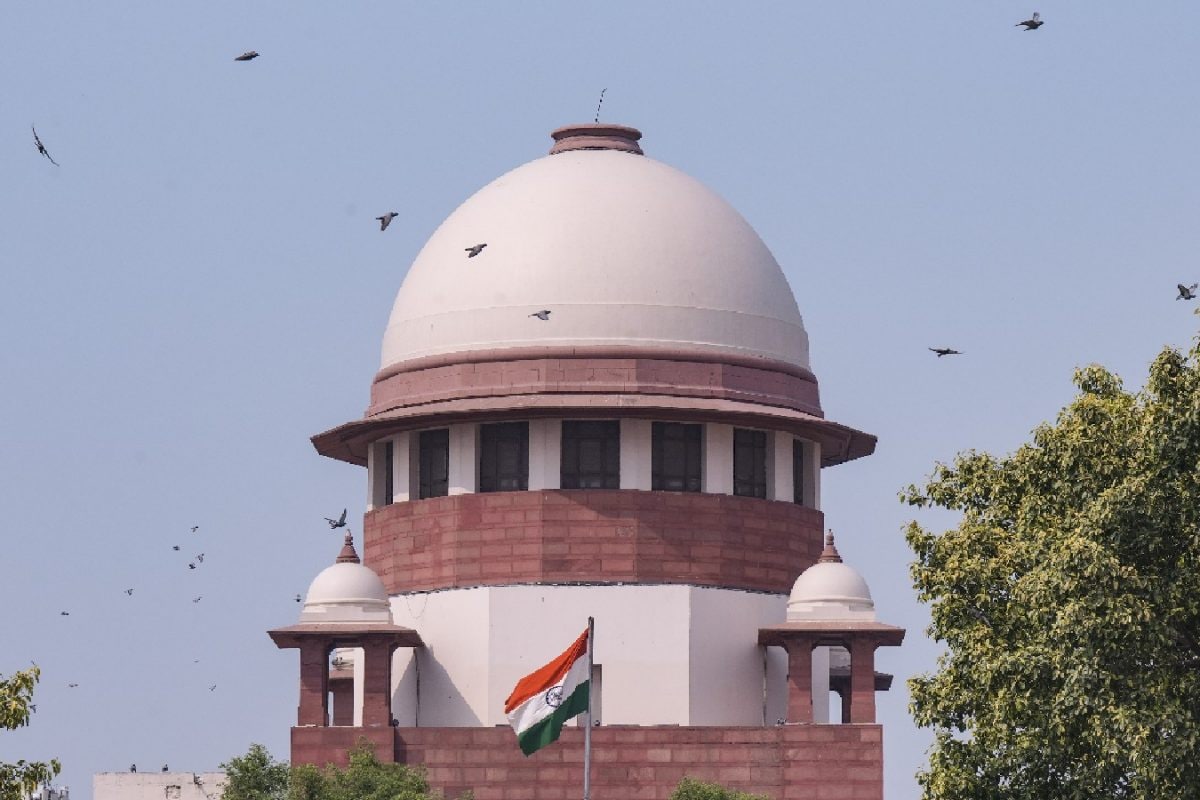

In a significant ruling that has reshaped the understanding of privacy and evidence within marital relationships, the Supreme Court of India has declared that secretly recorded conversations between spouses are admissible as evidence in matrimonial disputes, including divorce proceedings. This decision overturns a previous judgment by the Punjab and Haryana High Court, which had barred the use of such recordings, deeming them a breach of privacy.
The Supreme Court bench, comprising Justices BV Nagarathna and Satish Chandra Sharma, emphasized that while the right to privacy exists between spouses, it is not absolute. The court also asserted the importance of a fair trial, a right protected under Article 21 of the Constitution, allowing spouses to present relevant evidence to support their claims. This balance between privacy and the necessity of fair judicial processes is central to the ruling.
The case originated in a Family Court, where a husband sought to introduce a compact disc (CD) containing secretly recorded conversations with his wife as evidence of cruelty in divorce proceedings. The Family Court initially allowed the recordings to be admitted, but the wife challenged this decision in the Punjab & Haryana High Court, arguing that the secret recording of their conversations was a violation of her fundamental right to privacy. The High Court sided with the wife, ruling that such recordings were inadmissible as evidence due to the privacy breach.
However, the Supreme Court has now set aside the High Court's judgment, restoring the Family Court's original order. The apex court clarified that Section 122 of the Indian Evidence Act (now Section 121 of the Bharatiya Sakshya Adhiniyam, 2023), which generally bars the disclosure of marital communications without consent, includes an exception for legal proceedings between the spouses themselves. The court noted that if a marriage has deteriorated to the point where spouses are spying on each other, it indicates a breakdown of trust, further supporting the admissibility of such evidence.
The Supreme Court referenced the landmark 2017 KS Puttaswamy judgment, which affirmed privacy as a fundamental right, but clarified that such rights are not absolute and cannot be applied horizontally in all contexts. The court reasoned that Section 122 does not infringe upon the right to privacy under Article 21 because it is based on the right to a fair trial.
This ruling provides crucial clarity on the admissibility of electronic evidence obtained without consent in marital disputes, balancing the right to privacy against the need for a fair judicial process. It underscores that while privacy within a marriage is important, it cannot be used to obstruct the pursuit of justice and the presentation of relevant evidence in court.